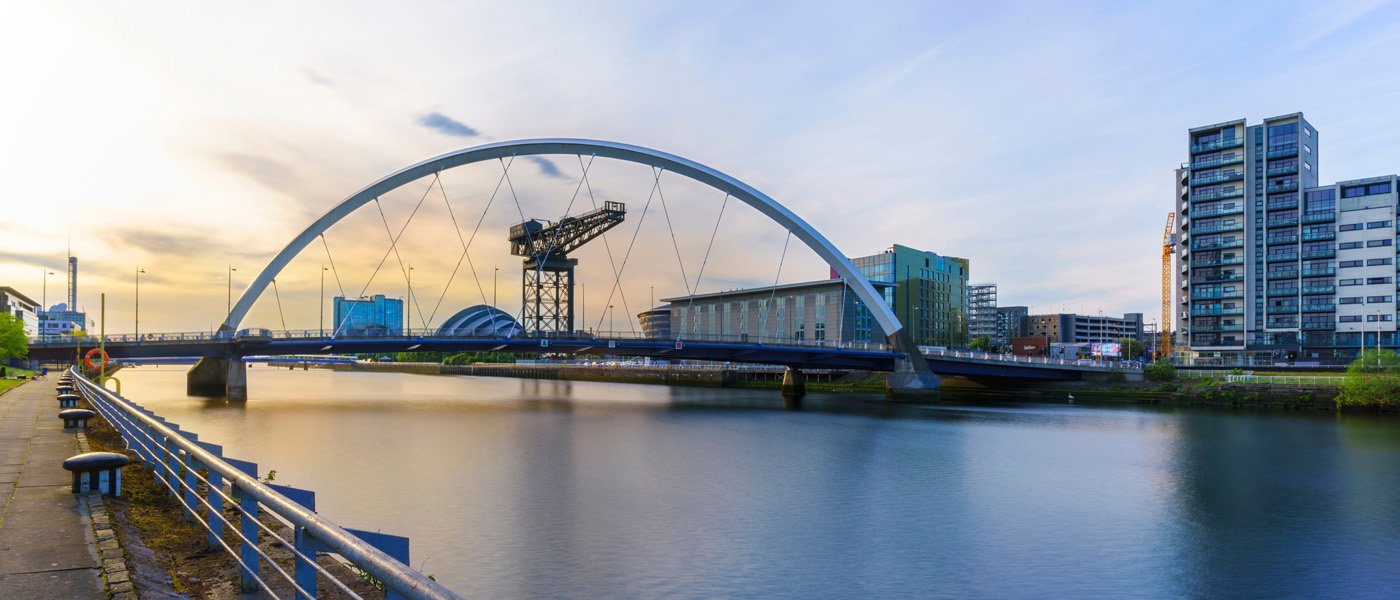£10 million to boost city’s climate resilience

A UofG-led project has received £10 million from the Natural Environment Research Council to help transform Glasgow into a thriving, climate-resilient city and support its ambition to reach net zero by 2030.
“Using Glasgow as a living lab is an exciting opportunity to collaborate with communities and stakeholders across the city to deliver tangible environmental solutions that also improve public health, wellbeing, and move us toward a green, inclusive economy.”
Professor Jaime Toney, director of the University’s Centre for Sustainable Solutions
The initiative, named GALLANT, will focus on capturing greenhouse gases in formerly derelict land, improve biodiversity, value riverbanks as community spaces, promote active travel and create energy solutions.
Researchers will work with Glasgow City Council, community groups and partners to create transformational projects across the city and embed sustainability into the wider socio-political system.
The project will:
- Transform urban river-edge land use to identify areas to create urban corridor parks. These will act as flood storage areas to help manage flood risks for city homes and businesses, and build more urban nature such as salt marshes, which will improve urban blue space quality for wildlife and people and increase societal resilience to climate change.
- Review and deliver improved biodiversity by restoring and connecting habitats that are currently isolated across the city by mapping important species of birds and mammals. Working with local agencies, it will implement suitable management of greenspace to increase connectivity between core habitats.
- Regenerate derelict and polluted land into spaces that mineralise greenhouse gases and trap organic pollutants into building materials for the future.
- Improve air quality and reduce CO₂ emissions by increasing active travel, including cycling and walking to reduce car journeys.
- Develop sustainable low-carbon energy solutions at the community scale that empower local people as active energy citizens to create a demand for clean energy.
The innovative programme to create a sustainable, healthy urban environment will help regenerate the river Clyde region, which faces significant social, economic and environmental challenges, and will provide learning that can help other cities in their missions to adopting green solutions.
This article was first published March 2022.

